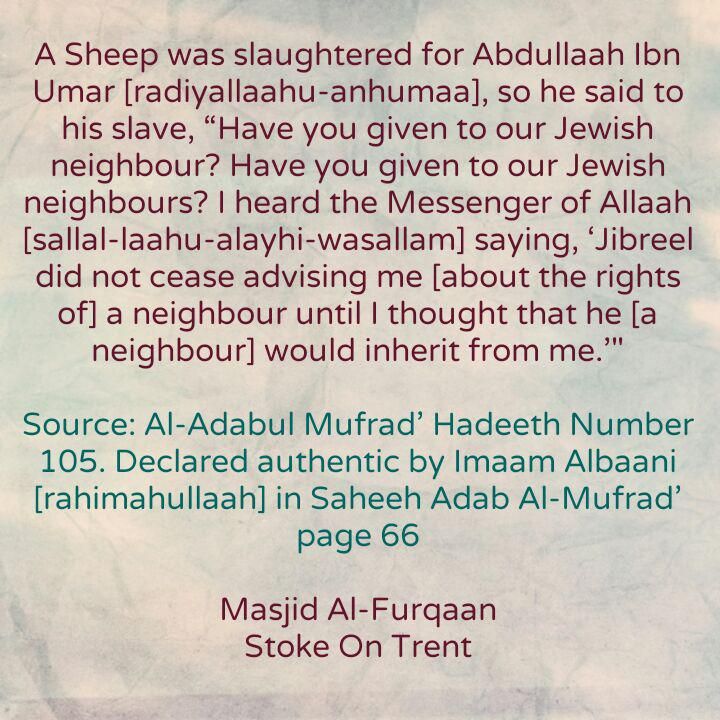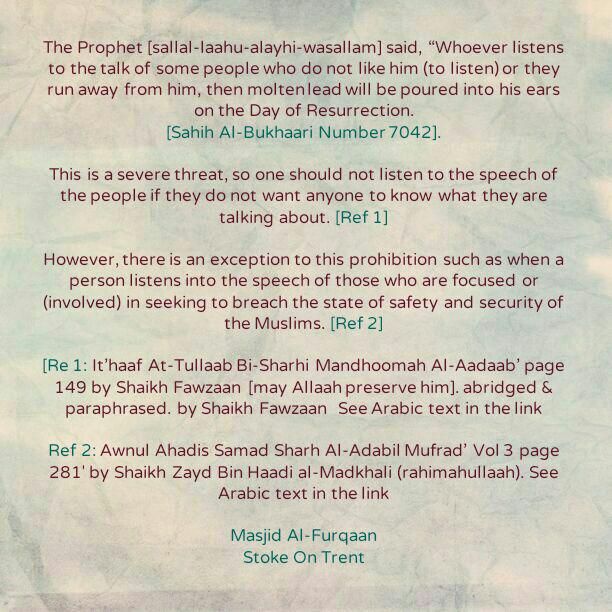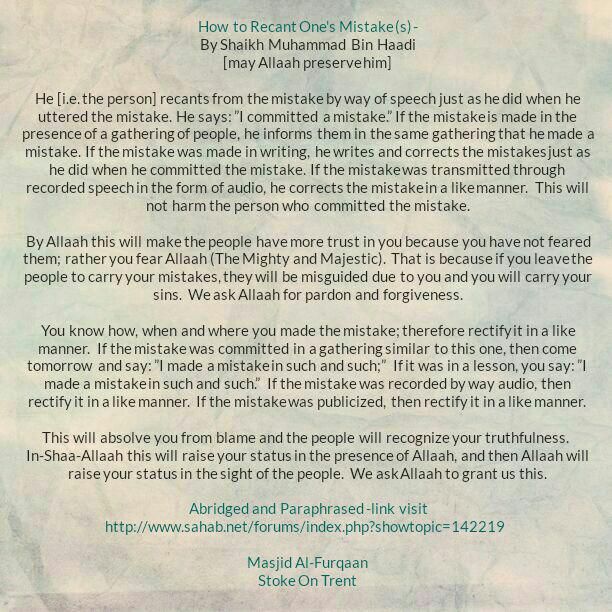In The Name of Allaah, The Most Merciful, The Bestower of Mercy
The Messenger (sallal-laahu-alayhi-wasallam) said:
رُبَّ أَشْعَثَ مَدْفُوعٍ بِالأَبْوَابِ لَوْ أَقْسَمَ عَلَى اللَّهِ لأَبَرَّهُ
‘’Many a person with dishevelled hair and covered with dust is turned away from the doors (whereas) were he to swear by Allaah (about something), Allaah will fulfil it’’.
[Sahih Muslim Number 2622]
A Short Reminder From This Hadeeth By Shaikh Saaleh Al-Fawzaan (may Allaah preserve him):

This person is a close friend among the close friends of Allaah, and was he to swear by Allaah (about something); Allaah will make it happen due to his high status in the sight of Allaah, even though he is driven away from the doors. If he intercedes (for someone), his intercession will not be accepted; if he is absent, he is not missed, but he is a great one in the sight of Allaah. [Ref 1]
A Short Reminder From This Hadeeth By Imaam An-Nawawi (rahimahullaah):

This type of person is one whom the people drive away from their doors in humiliation- he has no status in the sight of the people; but he is someone that if he were to swear by Allaah about something, Allaah will make it happen as an honour for him- by answering his request and safeguarding him from sin in relation to his oath. This is due to his great station in the sight of Allaah (The Exalted), even though he is someone despised in the sight of the people. It is said that the meaning of [الْقَسَمِ in this hadeeth is (الدُّعَاءُ – supplication) and (إِبْرَارُهُ ) means (إِجَابَتُهُ -the response to the supplication)] [Ref 2]
End of paraphrased quotes
We ask Allaah to include us amongst those who are humble-both inwardly and outwardly-; and include us amongst those who never utilise their status amongst the people to oppress, belittle and mock others. We ask Allaah to include us amongst those who are kind and compassionate towards the likes of the people mentioned in the hadeeth, for indeed whoever does not show mercy will not be shown mercy. We ask Allaah to grant us truthfulness, firmness upon the authentic Sunnah and distance us from bidah; we ask Allaah to grant us sincerity, humility, good manners, a good end in this worldly life, happiness in our graves and abundant mercy in the afterlife Aameen.
[Ref 1: It’haaf At-Tullaab Bi-Sharhi Mandhoomah al-Aadaab’ page 102. Abridged & paraphrased]
[Ref 2:Abridged & paraphrased. Source: Sharh Saheeh Muslim’ Vol 15-16’ page 144’ publisher: Daar Kutub Al-Ilmiyyah’ 1st ed. (1421AH- Year 2000)]
We ask A









